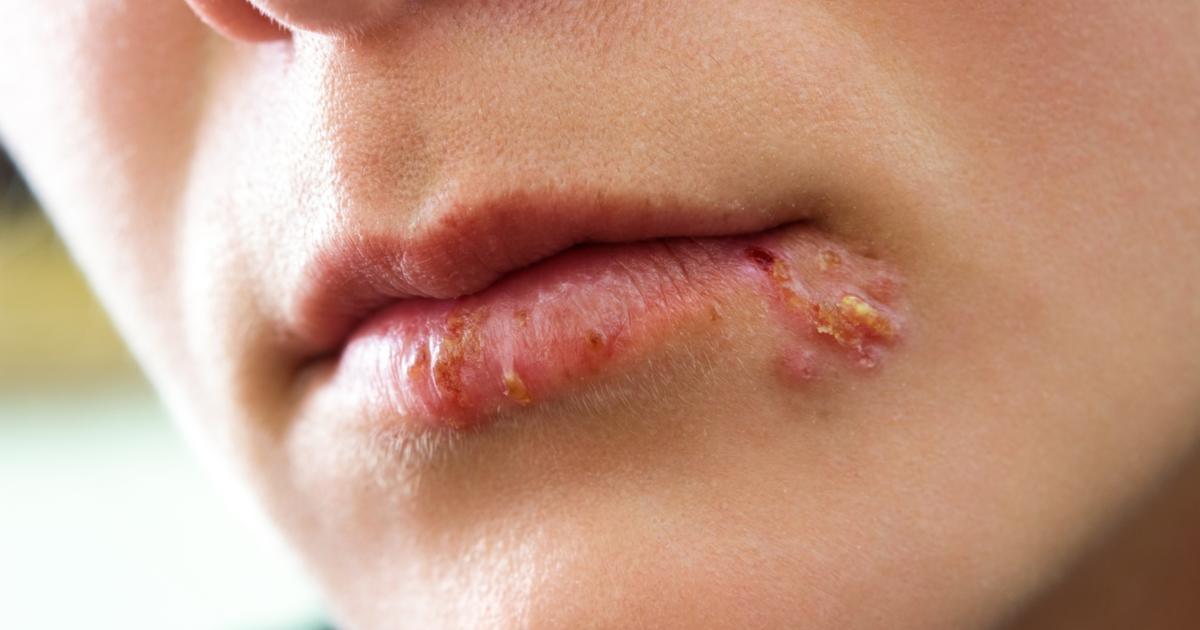Dr. Thej deep Rasi reddy MBBS
Neurologist | Neurology
7710 MERCY ROAD, SUITE 202-DEPARTMENT OF NEUROLOGY OMAHA NE, 68124About
Dr. Thej deep Rasi reddy is a distinguished Neurologist in OMAHA, NE. Dr. Rasi reddy specializes in diagnosing, treating, and managing disorders of the brain and nervous system. With expertise in handling complex conditions like epilepsy, multiple sclerosis, and migraines, Dr. Rasi reddy employs advanced techniques and personalized treatment plans to improve patient outcomes. As a neurologist, Dr. Rasi reddy is committed to staying abreast of the latest developments in neurological research and therapies.
Provider Details
Dr. Thej deep Rasi reddy MBBS's Practice location
OMAHA, NE 68124Get Direction
Dr. Thej deep Rasi reddy MBBS's reviews
Write ReviewRecommended Articles
- What Are Cold Sores?
Cold sores are small, painful blisters that form on the lips or skin around the nose, mouth, or chin. Also called as herpes labialis and fever blisters, cold sores are caused by a herpes simplex virus (HSV) infection. It usually begins in childhood or young adulthood and continues to persist...
- What Is an Ischemic Stroke?
Ischemic stroke is a type of stroke that occurs as a result of the blockage of blood vessels that supplies blood to the brain by a blood clot. This prevents blood from reaching the brain. Consequently, the brain does not get enough oxygen for normal functioning. According to statistics, about 87% of...
- Pristiq vs. Effexor
Pristiq and Effexor are medications that have similar compositions and are produced by the same manufacturing company. Pristiq (desvenlafaxine) is an antidepressant, which has been recently approved by the FDA. The composition of Pristiq is similar to Wyeth’s existing antidepressant. The patent...
- What Does the Hypothalamus Do?
Where is the hypothalamus located?The hypothalamus is a small, almond-sized, cone-shaped structure that projects downwards, ending in the infundibular stalk of the brain. This is a tubular connection to the pituitary gland, with which it has a direct relationship. The two are connected by nervous...
- New Targets Found for Drug Therapy of Facioscapulohumeral Muscular Dystrophy
One of the most common forms of muscular dystrophy is Facioscapulohumeral Muscular Dystrophy (FSHD). FSHD mainly affects the upper part of the body, causing muscular weakness in the facial muscles, shoulders, and arms.FSHD was classified as a separate form of muscular dystrophy in the late 20th...
- Ehlers-Danlos Syndrome: Symptoms, Causes, Diagnosis, and Treatment
What is Ehlers-Danlos syndrome (EDS)?Ehlers-Danlos syndrome (EDS) is a group of genetic disorders that affect the body’s connective tissues, which are proteins that support the blood vessels, skin, bones, and other organs in the body. Connective tissues also provide elasticity and strength to the...





